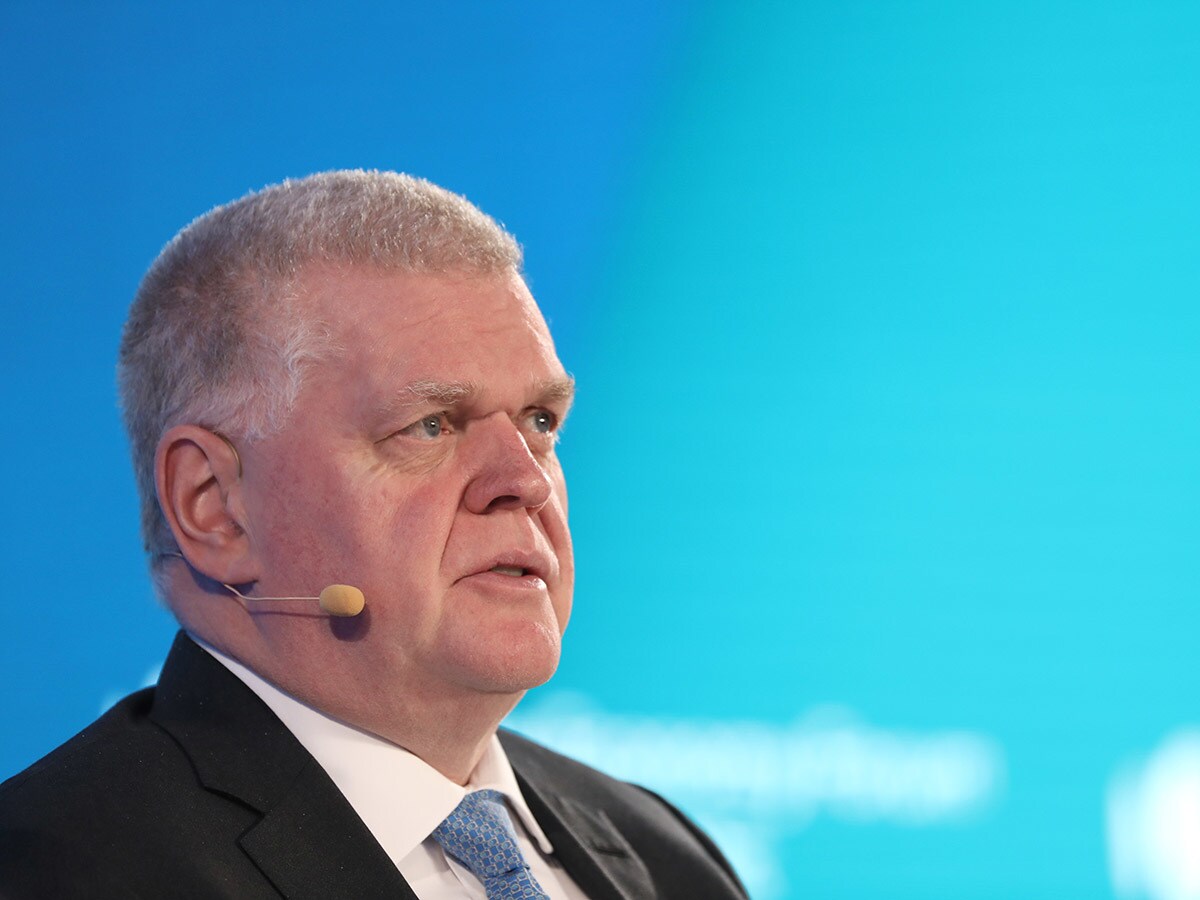HSBC Bank’s [HSBA] share price has come under immense pressure so far in 2020. After opening the year at 589p, the bank’s share price has fallen 37.4%, closing at 372.30p on 1 July.
A huge range of geopolitical issues have weighed on HSBC’s share price recently, including, but not limited to, the riots in Hong Kong, trade tensions between the US and China, Brexit, a slowing global economy and, of course, the coronavirus pandemic.
Another drop in HSBC’s share price was prompted by reports that the bank was planning to launch its £3.6bn cost-cutting plan which, according to Reuters, involves culling 35,000 jobs.
This news sent the bank’s share price down 0.4% to 382.05p through 17 June’s close. So, will this restructuring project help to offset some of the issues dragging down HSBC’s share price in the longer-term?
A slow return to normality for HSBC’s share price
HSBC’s restructuring programme was first mooted in February, but was paused in April as the firm reportedly did not want to leave employees without work amid the pandemic.
“We could not pause the job losses indefinitely. It was always a question of not if, but when,” said HSBC chief executive Noel Quinn (pictured) in a memo seen by the Financial Times. “I wish I could say that the next few months will see a return to normality, but that is unlikely to be the case. The reality is that the measures and the change are even more necessary today.”
“I wish I could say that the next few months will see a return to normality, but that is unlikely to be the case. The reality is that the measures and the change are even more necessary today” - HSBC chief executive Noel Quinn
HSBC’s share price plunged in February when the coronavirus reached fever pitch in Asia — a critical region for the bank — and continued to fall as the virus spread across the globe.
The bank’s decision, following pressure from the Bank of England, to cancel its dividend in order to shore up its capital buffers during the crisis also hit investor sentiment. By early April HSBC’s share price was languishing at 397p, although it did recover enough to hit 422p in early June.
This increase in HSBC’s share price occurred despite the bank’s release of less-than-stellar first-quarter earnings on 28 April. It posted a 48% year-over-year plunge to $3.2bn in pre-tax profits, while revenue fell 5% to $13.7bn.
HSBC also set aside £2.4bn in bad loan provisions, stemming from the pandemic and plunge in oil prices. In a gloomy outlook, it warned of sustained pressure on revenues as consumer activity declines and lower interest rates squeeze margins.
48%
HSBC's YoY pre-tax profits drop to $3.2bn
HSBC’s share price’s long-term prospects
“If the group has to give up its presence in Western markets to maintain its profitable franchise in China, customers could move away from the lender to peers with a broader international footprint. This could hit profits in the long run,” Rupert Greaves wrote in the Motley Fool.
“I would stay away from the HSBC share price for the time being. The bank is facing a range of headwinds, and it is quite difficult to tell what impact these will have on its long-term potential.”
Anna Sokolidou, however, believes the current uncertainty presents an opportunity for investors.
“Due to the crisis and the growing number of bad loans, HSBC’s earnings will be under pressure,” she wrote in the Motley Fool. “However, the restructuring and the certainty that ‘this too shall pass’ might make HSBC a good choice for patient investors.”
“Due to the crisis and the growing number of bad loans, HSBC’s earnings will be under pressure. However, the restructuring and the certainty that ‘this too shall pass’ might make HSBC a good choice for patient investors” - Anna Sokolidou
The consensus among 16 analysts polled by MarketBeat is to hold the stock, with six analysts giving this rating. Eight analysts rate the stock a sell, while two rate it a buy. The average 12-month price target of 471.67p would represent a 26.7% upside on HSBC’s share price through 1 July’s close.
HSBC’s share price has been through a rough patch so far this year, but its increasing ties to the fortunes of economies in Asia, which many observers still believe will power global growth this century, could be its saving grace. The world’s local bank may not feel as expansive or cosy as it once did, but it is proactive. Short-term pain may well lead to long-term profit.
| Market Cap | £79.112bn |
| PE ratio (TTM) | 21.70 |
| EPS (TTM) | 17.90 |
| Quarterly Revenue Growth (YoY) | -23.00% |
HSBC share price vitals, Yahoo Finance, 2 July 2020
Continue reading for FREE
- Includes free newsletter updates, unsubscribe anytime. Privacy policy





